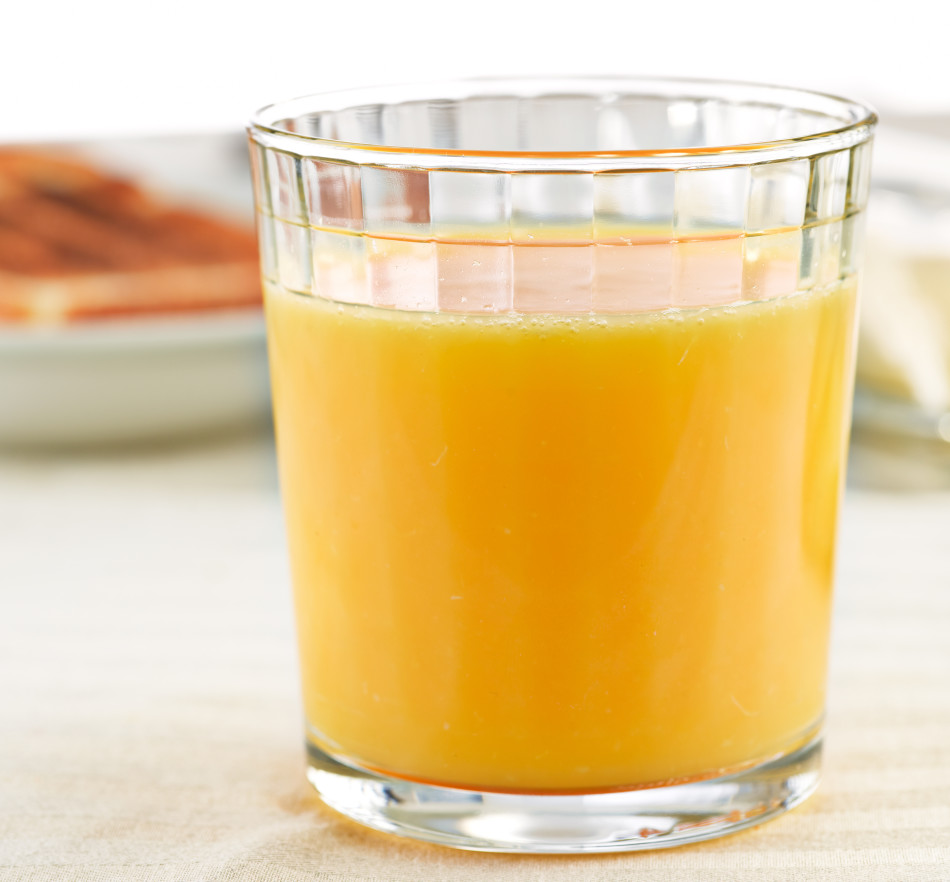A daily glass of orange juice could help to manage blood pressure

A daily glass of orange juice could help to manage blood pressure
1 min read
Raised blood pressure (BP) is known to be one of the major risk factors for cerebrovascular disease and stroke. Drinking 100% orange juice could be one simple way to help reduce stroke risk by lowering BP, according to a Spanish study.
Writing in the European Journal of Clinical Nutrition, researchers conducted a randomised controlled trial, with 159 mildly hypertensive participants, to see whether drinking 500ml of orange juice (OJ), with naturally occurring amounts of the polyphenol, hesperidin, or 500ml of orange juice enriched with extra hesperidin (EOJ) had any impact on BP and pulse pressure. The effects after just one drink (acute) and also after daily drinks of the juice, or a control drink, for 12 weeks (sustained) were measured.
The authors reported that a single drink of EOJ reduced systolic BP and pulse pressure, and after 12 weeks diastolic BP was also lower than at baseline. The reduction appeared to be dose-dependent, with the decrease in systolic BP and pulse pressure relative to the amount of hesperidin contained in the drink. The average reductions in systolic BP throughout the study were −6.35 and −7.36 mmHg for the OJ and EOJ interventions respectively, which falls within the decrease in systolic BP usually expected with medical treatment (5-15mmHg).
The authors concluded that “Hesperidin in OJ reduces systolic BP and [pulse pressure] after sustained consumption, and after a single dose. EOJ could be a useful co-adjuvant tool for BP and [pulse pressure] management in pre- and stage-1 hypertensive individuals”.
More studies are needed to confirm the potential role for drinking hesperidin-enriched orange juice as one simple way to help control raised blood pressure.
Reference
Valls et al. Effects of hesperidin in orange juice on blood and pulse pressures in mildly hypertensive individuals: a randomised controlled trial (Citrus study). (2021). https://pubmed.ncbi.nlm.nih.gov/32661681/
